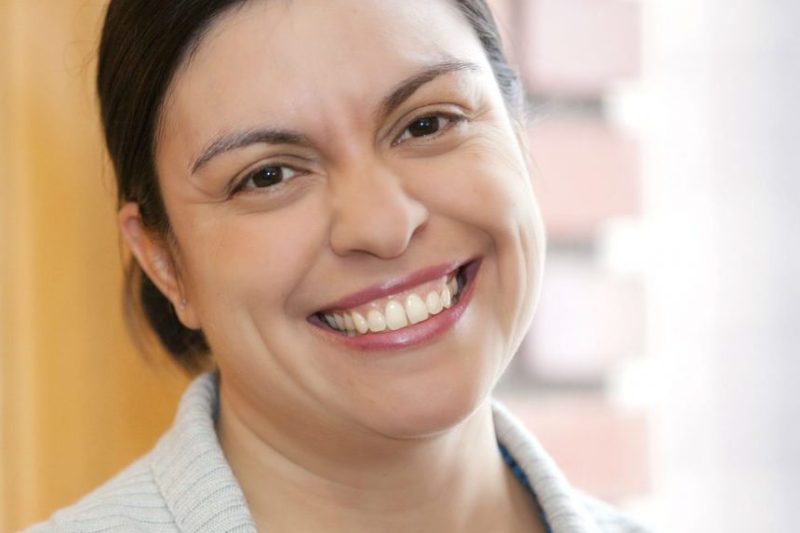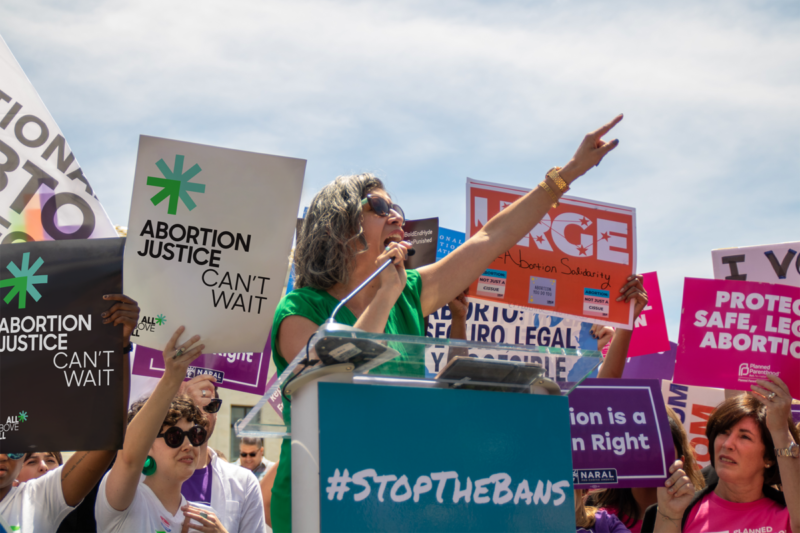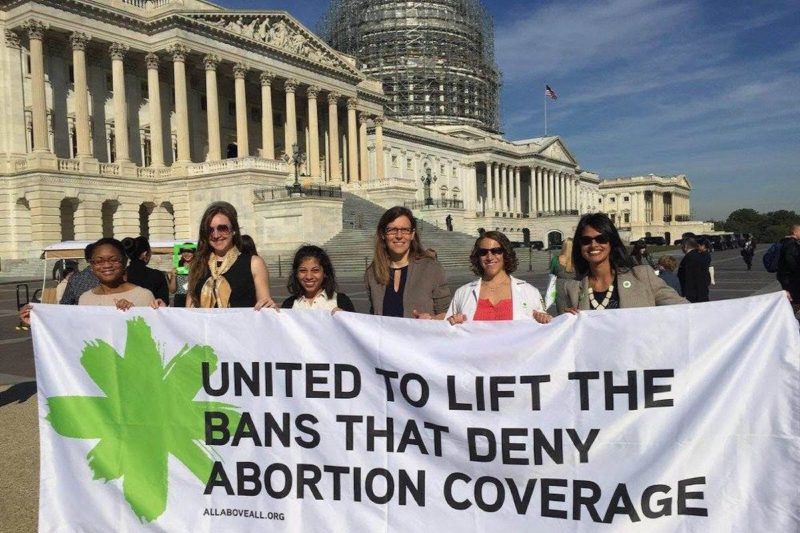
Silvia Henriquez
An award-winning advocate, a savvy coalition leader and a respected authority in reproductive health and justice, Silvia Henriquez works relentlessly for those without a voice in society.
Silvia is the Co-Director of the All* Above All campaign, a multi-year effort with a public education campaign, a federal agenda, state advocacy efforts, and a cross-movement commitment to building a stronger base in support of abortion coverage. This coalition is comprised of over 100 national, state and regional partner organizations committed to restoring federal funding for abortion.
Prior to assuming the role of full-time Co-Director of All* Above All she was a principal at ConwayStrategic where she worked with numerous clients on a variety of reproductive justice issues.
Previously, Silvia led the National Latina Institute for Reproductive Health for 8 years as its executive director. Under her leadership NLIRH developed a national policy agenda, a successful organizing and leadership training model, built state and national reproductive justice coalitions and elevated NLIRH to be the leading organization working to advance the reproductive health and rights of Latinas.
Silvia has worked with a variety of reproductive rights organizations including the National Abortion Federation and the Feminist Majority. She has been the chair of the Reproductive Health Technologies Project board and today is on the board of the General Service Foundation.
Silvia has been the recipient of the Ms. Foundation Woman of Vision award and most recently received the Lani Shaw Award in Pursuit of Courage and Compassion for Reproductive Justice.
She holds a Bachelor’s degree in International Affairs and a Master’s degree in Women’s Studies from George Washington University. She lives in New York City with her husband and two children.


